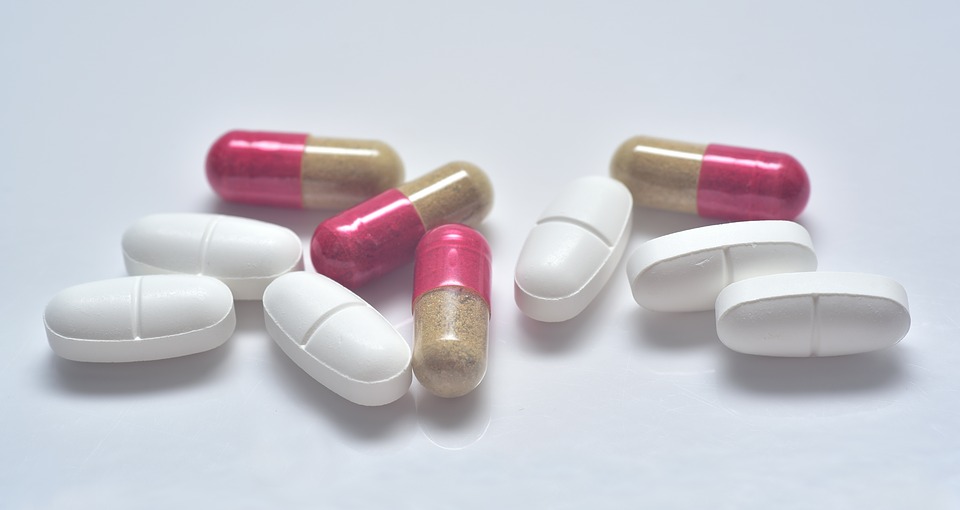Antimicrobial resistance has been acknowledged as a major health crisis by several policymakers. However, the economic impact caused by this has not been considered completely. A report titled “No Time to Wait: Securing The Future From Drug Resistant Infections” from the Interagency Coordination Group(IACG) on Antimicrobial Resistance has put the financial fallout into perspective.
The report says that in about three decades, uncontrolled antimicrobial resistance will cause global economic shocks. The financial crisis caused at the time would be catastrophic. About 10 million people are estimated to lose their lives annually from resistant infections by 2050. The cost of healthcare and food production will spike up, leading to an increase in the income inequality gap. In the worst case scenario, about 24 million people across the globe will be pushed in extreme poverty by 2030 and the world will lose 3.8% of its annual GDP by 2050.
IACG has recommended that nations must acknowledge this report and start taking preventive measures. The price for prevention is estimated at $2 per person annually for developed countries and slightly more but modest compared to the antibiotic apocalypse for developing countries.
India first published the broad contours of a plan to fight antimicrobial resistance almost nine years ago. However, the difficulty has been faced in implementing it, given the twin challenges of antibiotic overuse and underuse. On the one hand, many Indians still die of diseases like sepsis and pneumonia because they don’t get the right drug at the right time. On the other hand, a poorly regulated pharmaceutical industry means that antibiotics are freely available to those who can afford them.
The IACG report has acknowledged these obstacles and called for efforts to overcome them. A multi-stakeholder approach, involving private industry, philanthropic groups and citizen activists is needed. Private pharmaceutical industries must take it upon themselves to distribute drugs in a responsible manner. Philanthropic charities must fund the development of new antibiotics, while citizen activists must drive awareness. These stakeholders must appreciate that the only way to postpone resistance is through improved hygiene and vaccinations. It is a challenging task as India still struggles with low immunisation rates and drinking water contamination. But it must be done as the consequences of failure are not good.
Thank you for reading. Your thoughts and inputs will genuinely make a difference to us. Please drop a line and help us do better.
Regards,
The CSR Journal Team


